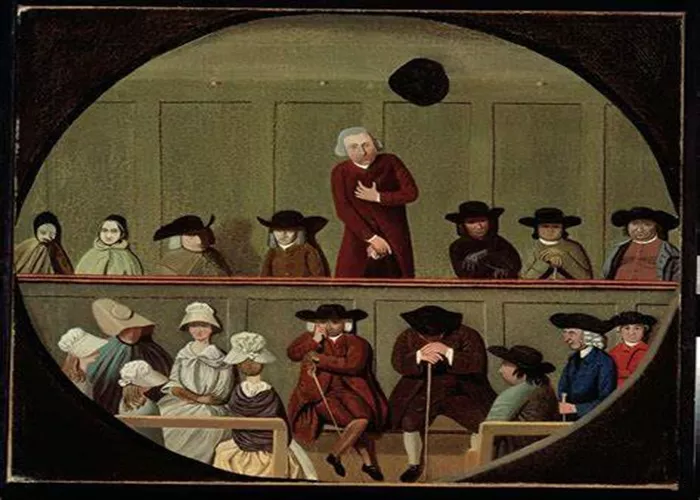What Happened on January 21 in British History?
1. The First Anti-Slavery Petition (1801)
On January 21, 1801, the first anti-slavery petition was presented to the British Parliament. This event marked a crucial moment in the movement against slavery in Britain. The petition was a response to the growing awareness of the inhumane conditions faced by enslaved individuals, particularly in the Caribbean colonies.
2. Publication of The Daily News (1846)
Another noteworthy event occurred on January 21, 1846, with the publication of the first edition of The Daily News, edited by Charles Dickens. This newspaper played a vital role in shaping public opinion and reporting on social issues of the time.
3. The London Conference on Naval Disarmament (1930)
On January 21, 1930, the London Conference on Naval Disarmament commenced. This conference brought together representatives from major naval powers to discuss limitations on naval armaments in response to growing tensions following World War I.
4. The Introduction of Edward Jenner’s Smallpox Vaccination (1796)
While not directly on January 21 but closely related, Edward Jenner’s development of the smallpox vaccination is a significant milestone in medical history that gained prominence around this time. Jenner’s work laid the foundation for modern immunology.
5. The Execution of King Louis XVI (1793)
On January 21, 1793, King Louis XVI of France was executed by guillotine during the French Revolution. While this event took place outside Britain, its repercussions were felt across Europe, including Britain.
6. The First Successful Test Flight of Boeing 737 (1968)
On January 21, 1968, Boeing conducted its first successful test flight of the Boeing 737, which would become one of the most popular commercial aircraft in history.
7. The First Commercial Flight of Concorde (1976)
January 21 also marks an important milestone in aviation history with the first commercial flight of Concorde in 1976.
Conclusion
January 21 has witnessed numerous significant events throughout British history that have had lasting impacts on society. From early anti-slavery movements to advancements in aviation technology, each occurrence reflects broader social changes and challenges faced by Britain over centuries. Understanding these events provides valuable insights into how historical narratives shape contemporary society and influence future developments.This exploration highlights that history is not merely a collection of dates but rather a tapestry woven from countless stories that continue to resonate today.

